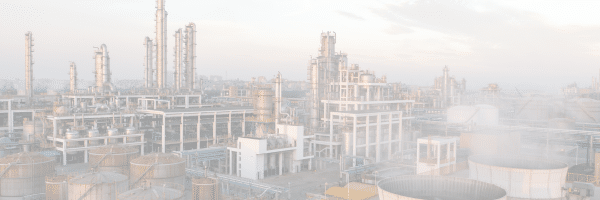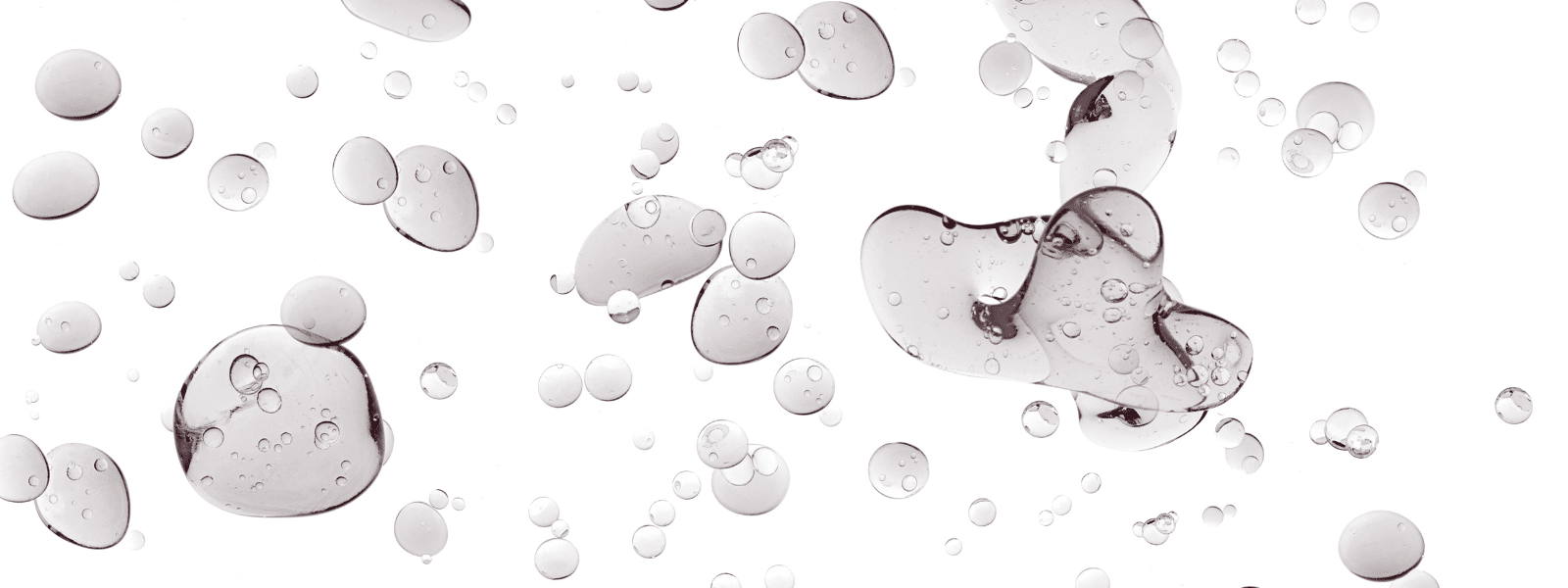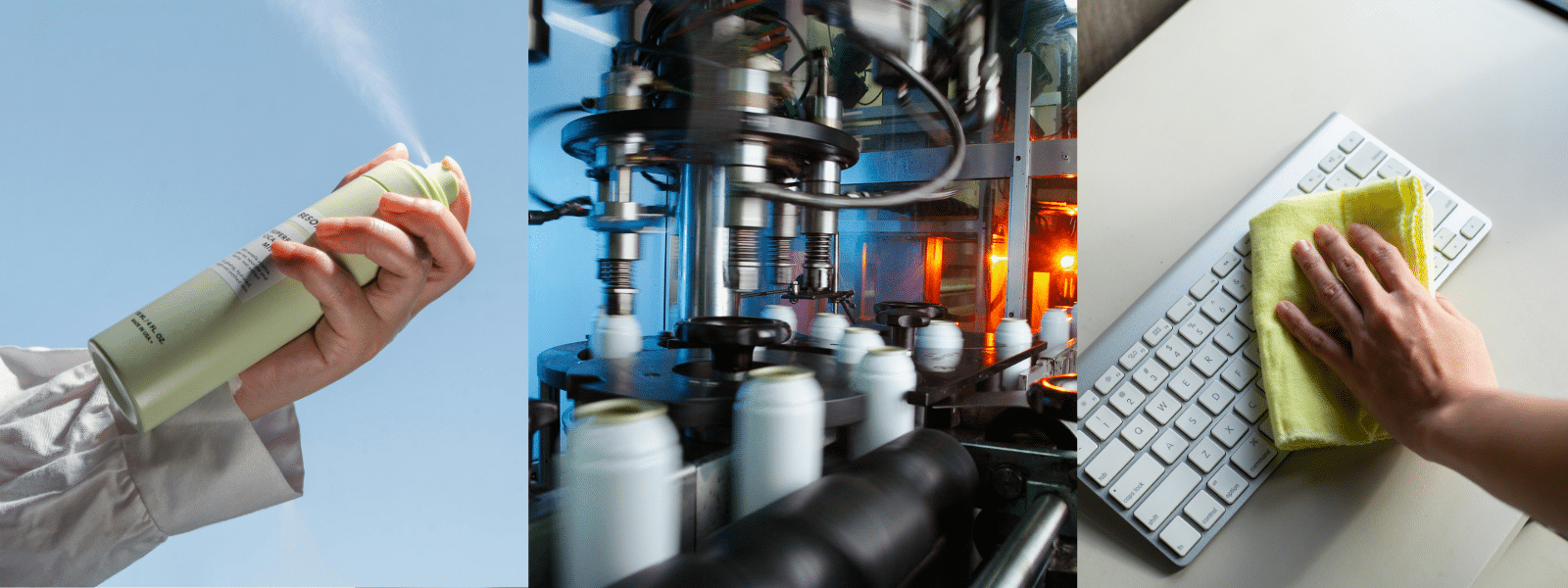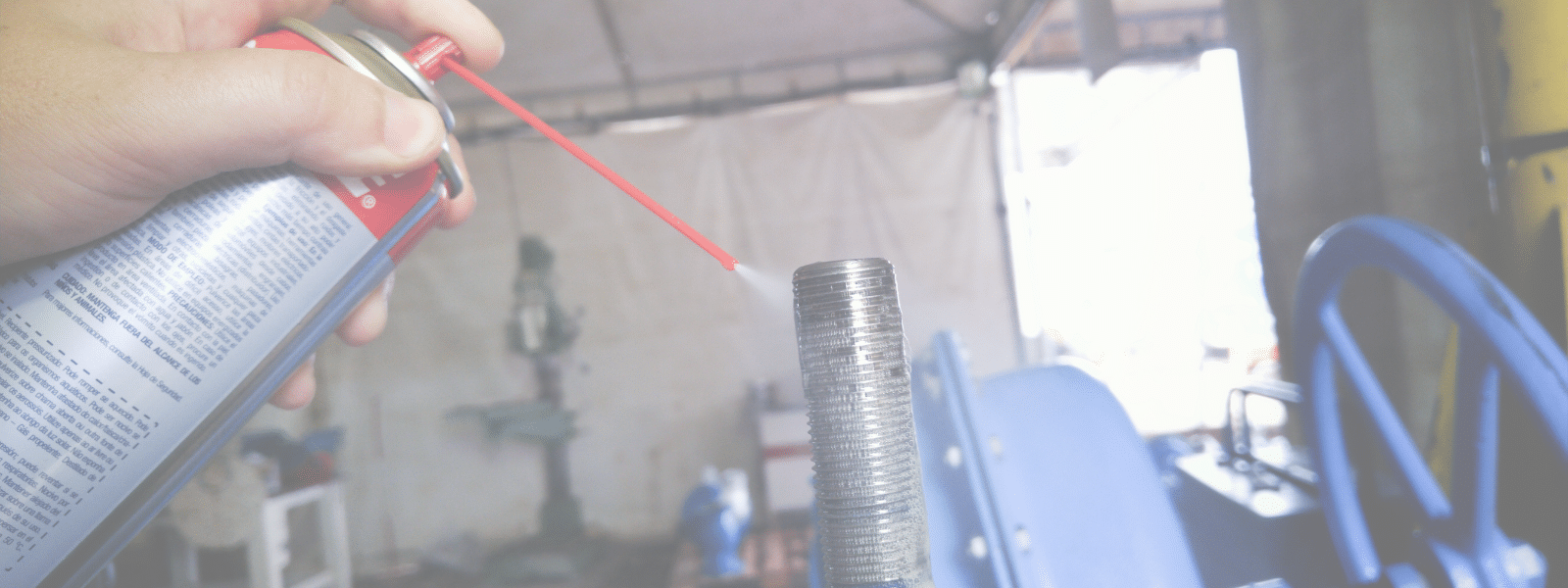There are thousands of cleaning solutions on the market. But how do you know which one is right for your business? In this blog post, we’re going to take a closer look on how to use industrial cleaning chemicals to ensure the safest, most effective clean possible.
Types of Industrial Cleaning Chemicals
There are several types of cleaning agents to choose from. Here are some of the most popular kinds you may have heard of:
- Degreasers
- Disinfectants
- Solvents
- Detergents
- And more!
But how do you know which type of chemical to use?
The type of chemical you use largely depends on the desired application. Keep reading to learn more.
Applications for Industrial Chemicals by Industry
Here are some of the common applications for commercial chemicals by industry:
- Aerospace – Remove oil, grease, and other contaminants from aircraft or treat the surface before recoating.
- Electronics – Safely clean delicate surfaces such as circuit boards to remove flux and soldering residuals.
- Maintenance – Disinfecting high-touch point surfaces, removing rust from pipes, etc.
- Manufacturing – Removing grease, oil, and other containments from parts and machinery.
- Military – Weapon, aircraft and vehicle cleaning and maintenance.
- Utilities – Boiling and cooling tower maintenance, descaling, etc.
The possibilities are endless for commercial chemicals, but no matter what industry you’re in, it’s important that you know how to use these industrial chemicals.
How to Use Industrial Cleaning Chemicals: Best Practices
To ensure the safety of yourself, your employees, and the environment, you must know how to handle chemicals.
Here are some of the best practices we recommend for handling products with powerful cleaning agents:
- Speak with a chemical consultant to ensure that the chemical you’re purchasing is best for your
- Make sure all employees receive in-depth training on how to store, handle, and dispose of chemical products
- Make sure all safety tools are updated and accessible (i.e., gloves, goggles, etc.)
- Read labels and manuals that come with each chemical product and follow all guidelines for proper storage, handling, and disposal
- Partner with a trusted chemical disposal company to ensure safe disposal.
Speak with a Chemical Consultant at Ecolink Inc.
Looking for industrial cleaning chemicals for your business?
Talk with an Ecolink representative to discover the best chemical product for your application.
Our top-rated environmentally preferred chemicals are expertly designed for an effective and safer clean. Call today 1-800-563-1305!















